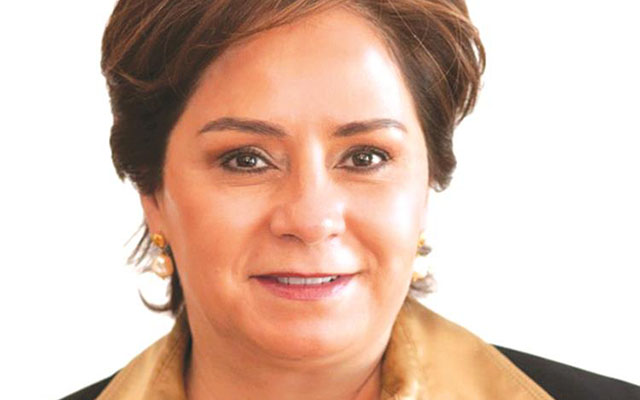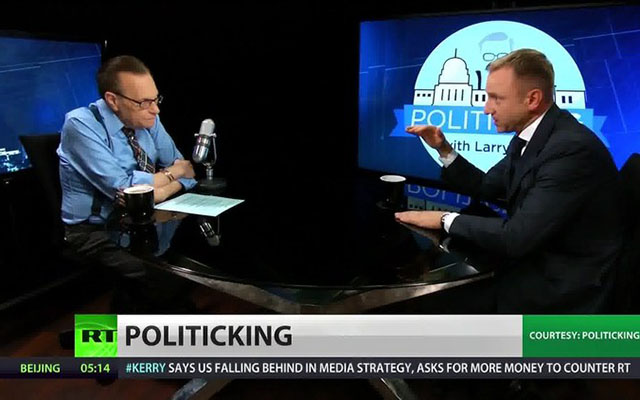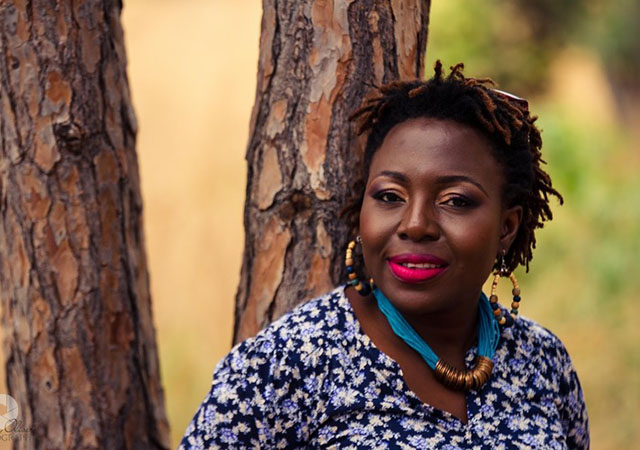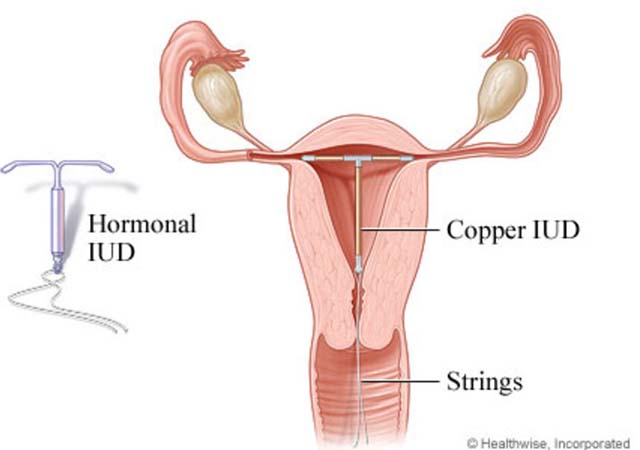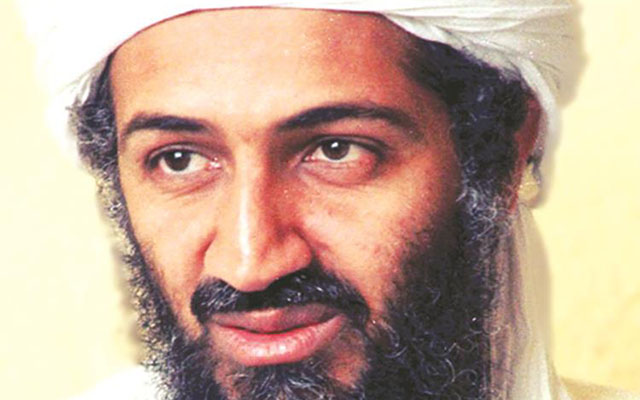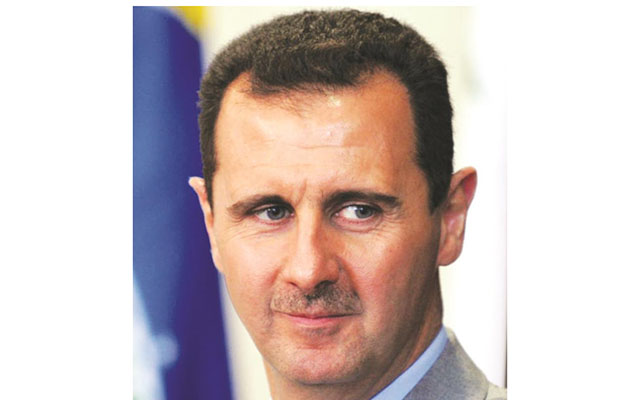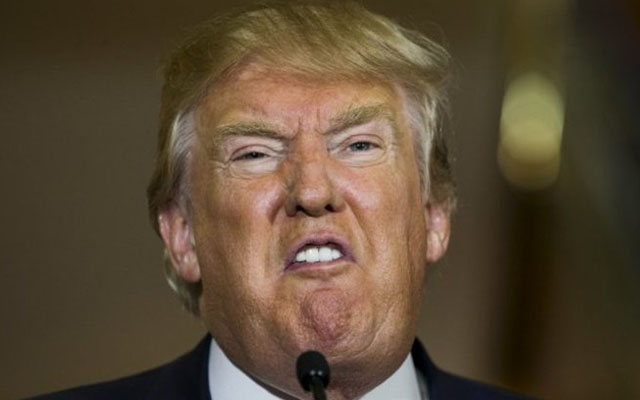Elliot Ziwira @ The Book Store
LOOKING at the nature of slavery and what constitutes the concept of colour in the United States today vis-à-vis what it has been for over two centuries now, one cannot help concluding that the reading of two of the greatest minds in post-abolition America – W.E.B Du Bois and Booker T. Washington is – an exploration of the same coin.
Inasmuch as they appear to be at a crossroads, they are in essence driven by the quest to unshackle the physical, psychological, emotional and mental chains that bind them to their former slave masters, albeit in different shades of the same spectacles. To Washington, slavery is more than a physical phenomenon that cannot be wished away within the perusal of a book, or acquisition of philosophical learning.
Du Bois, on the other hand, is moored in a growing environment that seeks to go beyond the reality of decades of suffering, displacement, psychological trauma and enforced ignorance, through his embracing of a purely ideological approach. He calls for the acceptance of the existence of racism first, before anything else, because being black is a condition that can also not be rubbished through compromise, but rather through confrontation; hence the need to hoist a tenth of the race through intellectual learning, for the people of colour to be able to meaningfully question the status quo.
A close reading of the two’s philosophies, however, reveals gaps which can only be filled through complementation, instead of animosity; as the American society remains an albatross around the necks of the people of colour; whether they belong to Booker T. Washington’s 90 percent, or Du Bois’ chosen “talented tenth”, and the dream, to the people of colour, continues to recede to the horizon.
It is this nature of blackness that creates invisibility as Ralph Ellison depicts in “Invisible Man” (1952) and Richard Wright surrealistically, existentially and nihilistically articulates in “Native Son” (1940) and “Black Boy” (1945). Bigger Thomas in “Native Son” suffers the same contradictions that Du Bois’ “dual consciousness” purveys, in the same way that the unnamed hero in Invisible Man does, regardless of their level of education. So how then can the black man be seen in a Manichean world; where everything is seen as either black or white?
In “Up From Slavery” (1901), Booker T. Washington points it out from the onset that having been enslaved for over a century, the Negro has lost much of his being, not only his identity, so for him to start believing in himself civil rights and political power alone were not enough. As he has only known the bottom for decades, which has robbed him of the beauty of bathing and the essence of cleanliness in foisting confidence, why should the Negro aspire to start at the top? In his Atlanta Compromise Speech of September 18, 1895, Washington brings to the fore the strength of reason over common sense, the delimiting nature of combat premised on hate and the power of self-introspection if the Negro desires to win battles against his former master, instead of simply engaging in wars for the sake of warped heroism.
In his compromise, Washington hints on the idea of “casting the bucket” where one is. The idea of seeking solutions further away from home is not the best that the man of colour, who scantly understands the world around him can afford. As Tom says to his fellow former slaves in “Roots” (1984), being free means a lot more than freedom, for freedom without understanding the conditions that surround the concept is meaningless. There is need to start by realising that one needs to begin life from somewhere, and accept the dignity of labour, for the man of colour to be able to accumulate wealth, industrial skills and acquisition of property.
Like Washington, Du Bois admits that the Negro is disadvantaged in many ways; that he needs to acquire property to be at par with his white neighbours and that book learning alone is not enough if the Negro has to make an impact on the body politic of the American landscape.
Du Bois notes that: “The history of the American Negro is the history of this strife . . . this longing to attain self-conscious manhood, to merge his double self into a better and truer self. In this merging he wishes neither of the older selves to be lost” (ibid). Thus, he confirms that, a man of colour will rise only by employing what he already has at hand and in this manual labour is included, yet he refuses to sail with Washington on the same boat to total freedom and emancipation for the race.
In his attempt to find fault with Washington’s Atlanta address, Du Bois dismisses it as mere accommodation of the ideals of the white man’s patronage and demeaning of the black man. However, in his “Souls of Black Folk” (1903), he alludes to the convergence of races for the betterment of the American society and racial harmony.
Du Bois’ premise here, therefore, abets rather than contrasts Washington’s compromise that they (Negroes) are “. . . ready to lay down our lives, if need be, in defence of yours, interlacing our industrial, commercial, civil, and religious life with yours in a way that shall make the interests of both races one” (Washington, 1901: 112). It is also this same standpoint that Du Bois perches on in the coming years in his quest to find a footing in the struggle for black empowerment.
The case for the desire for empowerment may be different, but the reasons for emancipation in all its facets are the same. In Du Bois’ personal context, lack of empowerment always leads to some sort of self-evaluation on the esteem of a black man who is enlightened. However, only an already empowered man can have such realisation dawn on him, and not the ignorant man, who wakes up one day and is told that he is free to take his soul wherever it fancies, without having been taught the meaning of freedom. It is this psychologically, emotionally and physically deprived man that Washington addresses, without forgetting that he also needs to attain a level of understanding that will propel him to political office. Washington in this premise, therefore, agrees with Du Bois that there is no template for emancipation.
Whereas Booker T. Washington is of the belief that industrial education is capable of developing cognitive and psychomotor skills desperately needed by the newly freed men, Du Bois places his wager in intellectual achievement.
The brouhaha about meaningless acquisition of knowledge, for the sake of it, has to be halted, Washington believes, because without manual labour, the Negro remains in shackles one way or the other. He remains in perpetual imprisonment; physically, psychologically and emotionally.
Though remaining firmly footed in intellectualism for the “Talented Tenth”, Du Bois cannot help concurring with Washington that the black man, “felt the weight of his ignorance . . . not simply of letters, but of life, of business, of the humanities; the accumulated sloth and shirking and awkwardness of decades and centuries shackled his hands and feet” (Du Bois, 1903:). Thus, the two agree that, empowerment goes beyond letters, if any change is to be achieved in the new America. It is through responding to the need of the industrial hurricane, and the desire to achieve beyond the obvious milestone set for blacks, that people of colour got their names emblazoned on the American log sheet of achievers, for one can always be rewarded on merit regardless of race.
There are quite a number of black inventors who can be credited to Washington’s push for industrial skill. One notable product of Tuskegee, founded by Booker T. Washington, was George Washington Carver, scientist extraordinaire, who developed, in his laboratory at Tuskegee, 300 products from the peanut. These included butter, soap, face cream, plastics, ink, synthetic rubber, dyes, linoleum, oil and candy. Carver, who died in 1943, also developed more than 100 products from the sweet potato (Dawson, Yon, 1990:134).
With the concept of “double consciousness”, Du Bois emphasises the need for accommodation within characters so as to allow equal contribution to the progress of America, Washington, on the other hand, insists that, the black man must learn how to improve his social appeal by improving his aesthetic appeal. He has to debunk stereotypes associated with him before he seeks higher office.
Du Bois admits to the fact of the black man as a crime in motion, through his visits to the Black Belt, but he refuses to accept that the starting point should be a change of mindset, and not just intellectual prowess. He believes that the “talented tenth” as a starting point can help in raising the bar high for the people of colour through probing of the conditions that set the races apart, and this can only be done through intellectual understanding.
In Washington’s view if the mindset remains tilted towards civil rights alone, society becomes dysfunctional, as the individual understands only mistrust, yet he is expected to find avenues of survival outside his own abode. On close analysis of the two’s ideas, however, it becomes clear that Congress seats become void if they are held by people without knowledge of the political landscape, as Washington highlights in “Up From Slavery”, and industrial skill alone is equally vain if it is not complemented by intellectual ability, which makes Washington and Du Bois two sides of the same coin.
If a system is structured in such a way that it subtly robs the man of colour of integrity, fairness and equality, it will be folly to plunge into it blindly, which is why Washington is publicly careful in dealing with it; giving concessions in public and remaining resolute in private, not that he is not aware that civil rights are equally important.
As both sides of the same coin, Booker T. Washington and W.E.B Du Bois missed out on a chance to work together for the betterment of their race (Knight 2007). Notwithstanding the fact that they had the same agenda, they played into the hands of the white media, which propelled their petty differences out of proportion, thus compromising the birth of greatness out of the black man’s travails over centuries of subaltern existence. As Adam (2015) puts it, “the differences between the two men that would lead to their split – age, regional origin, education, philosophy,” halts the train of events ensconced in their earlier correspondence, which could have helped in the fruition of the struggle for justice and empowerment that they both cherished.

